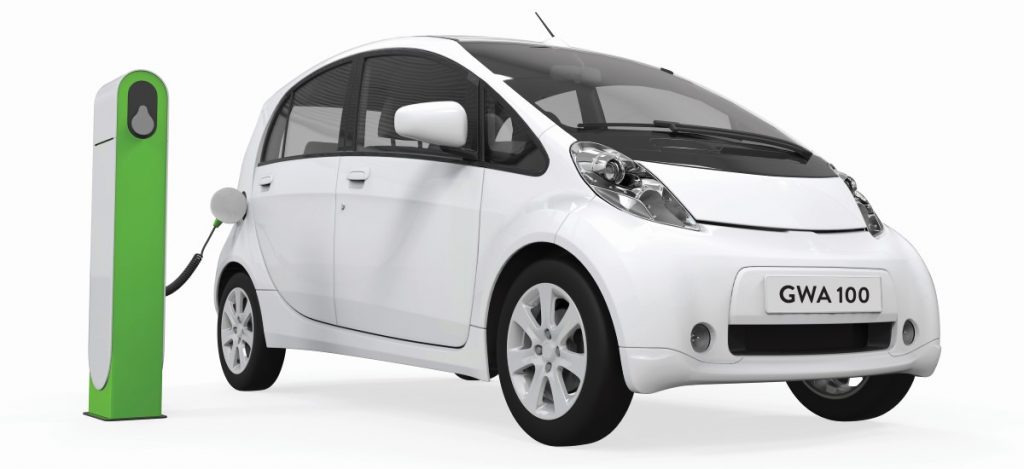Company Cars – is now the Time to Switch to Electric?
 Changes in tax legislation later this year mean that battery electric vehicles (BEV) and some plug-in hybrid electric vehicles (PHEV) will soon be exempt from company car tax. The new rules come into force from 6 April 2020. This may mean that buying ‘electric’ makes a company car purchase more attractive.
Changes in tax legislation later this year mean that battery electric vehicles (BEV) and some plug-in hybrid electric vehicles (PHEV) will soon be exempt from company car tax. The new rules come into force from 6 April 2020. This may mean that buying ‘electric’ makes a company car purchase more attractive.
From April 2020, the UK will adopt the Worldwide Harmonised Light Vehicle Procedure (commonly known as WLTP) to establish CO2 emissions for all new car registrations. This means the taxable benefit for all company cars registered after 6 April will be based on these new emission figures.
As a result, company car drivers who take delivery after 6 April of a new company vehicle which emits more than 50g/km of CO2 are likely to see an increase in benefit in kind (BIK) rates due to the forecasted increase in CO2 values the new WLTP test regime will bring.
In short, an identical car registered on or after 6 April is likely to see an increase in the BIK payable versus an identical car registered the day before, on 5 April. Depending on the specific car and driver’s personal tax rate the difference could be as much as £50 a month.
Is an electric car a better alternative for business owners?
For fully electric vehicles business owners may be able to use the total cost of the electric car, either purchased or leased, to reduce business tax. The company will accommodate all of the costs, which will be tax deductible and you will pay no personal tax. This means that if you buy a fully electric vehicle for £25,000, your taxable profits should reduce by £25,000.
Plus, there are National Insurance contributions to consider. If you provide a vehicle to an employee, or if it is your own company to yourself, contributions are payable on the BIK value. If the BIK is 0%, that means National Insurance contributions will not be payable on the vehicle.
Is an electric car a better alternative for employees?
To encourage more environmentally friendly choices, the government is clearly trying to reward drivers who choose a low emission car. As a result, all employees driving a fully electric car with zero emissions over the 2020/2021 tax year will enjoy a 0% BIK rate. The current rate can be up to 16%. This will be followed by an incremental yearly increase to 1% in 2021/22 and to 2% in 2022/23, but even these rates are still very low.
In addition, electricity is not considered to be a ‘fuel’. This means that employees can use electricity paid for by their employer for both business and private journeys without triggering a fuel benefit charge. This is a sizeable saving when compared to a diesel or petrol car. If an employee pays for their own electricity, they can be reimbursed at a rate of 4p per mile without
triggering a tax bill. However it is worth noting that fuel charges are still applicable for a hybrid car.
If you want your business to be even greener you may be able to take advantage of the government’s Workplace Charging Scheme and claim 75% of the purchase and installation costs of charging sockets for electric cars and supply electricity free of charge to employees’ BEVs and PHEVs.
The impact on your personal and business tax will depend on your unique situation and requirements. However if you would like to understand how these changes may affect your business and your employees please do get in touch.


